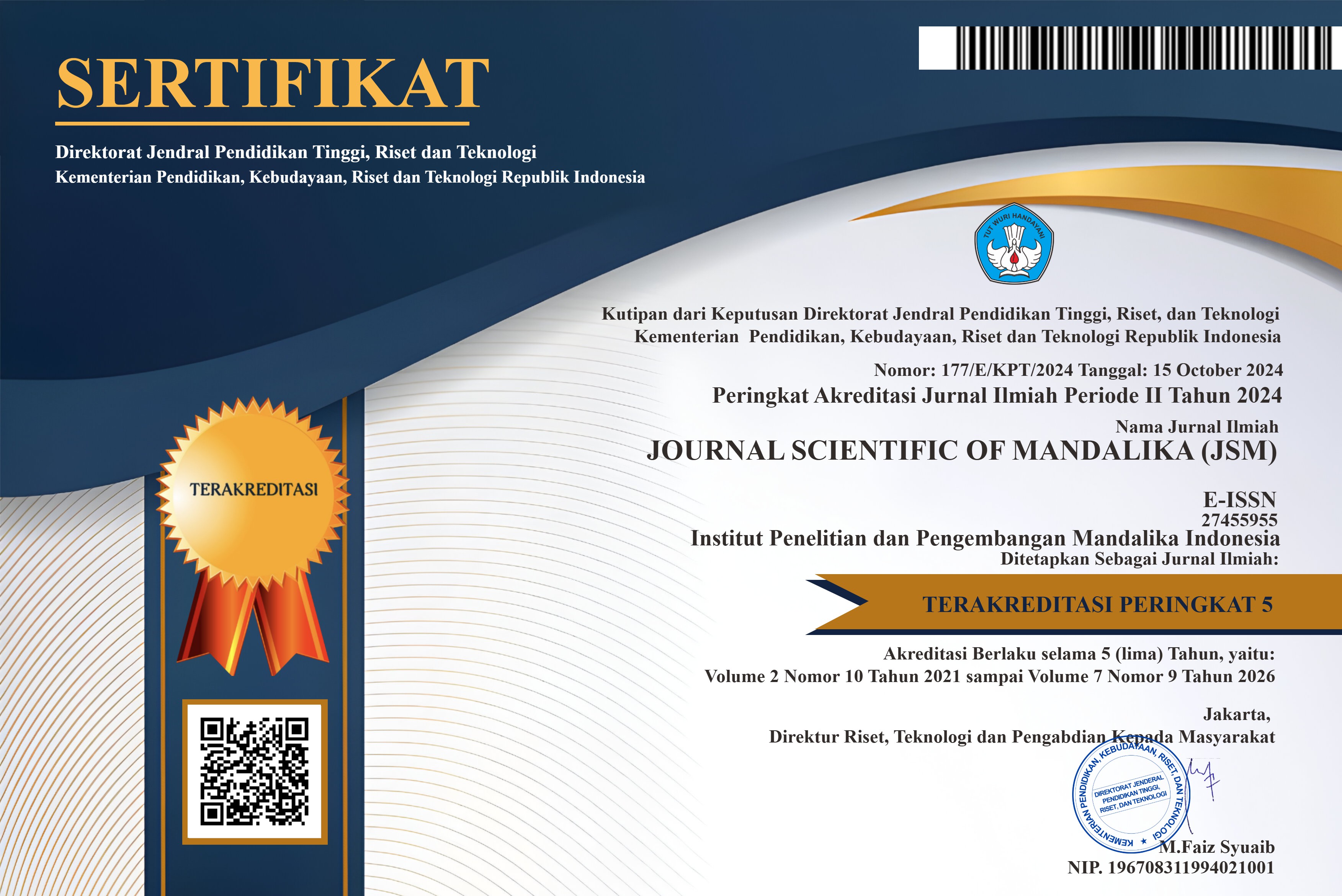The Role of Particles in Command, Question, and Emphasis in Makasae
Abstract
This study explores the syntactic and pragmatic roles of particles in the Makasae language, focusing on sentence-final particles such as “di,” “ara,” “gau,” “apa,” and “tai.” Using a qualitative descriptive approach, data was collected through semi-structured interviews and elicitation tasks with native speakers. The data analysis utilized descriptive, pragmatic, and comparative methods to examine how these particles contribute to sentence meaning, particularly in terms of commanding, questioning, emphasizing, and negating actions. The findings reveal that "ara" marks imperative mood, while "di" adds emphasis or negates actions. Particles "apa" and "tai" are used to form yes/no questions, with "apa" typically indicating general questions and "tai" used to inquire about specific actions. Additionally, "gau" helps specify the object of the action in both commands and questions. The combination of "di" and "ara" intensifies the imperative, adding force to commands. These particles play a critical role in structuring communication, allowing speakers to convey nuanced meanings in various contexts.This research contributes to a deeper understanding of the functional versatility of particles in Makasae, offering valuable insights into their syntactic and pragmatic use. It also sets the stage for further research on the linguistic structures of Timor-Leste’s indigenous languages.
Copyright (c) 2025 Antonio Constantino Soares, Noviyanti

This work is licensed under a Creative Commons Attribution-ShareAlike 4.0 International License.















